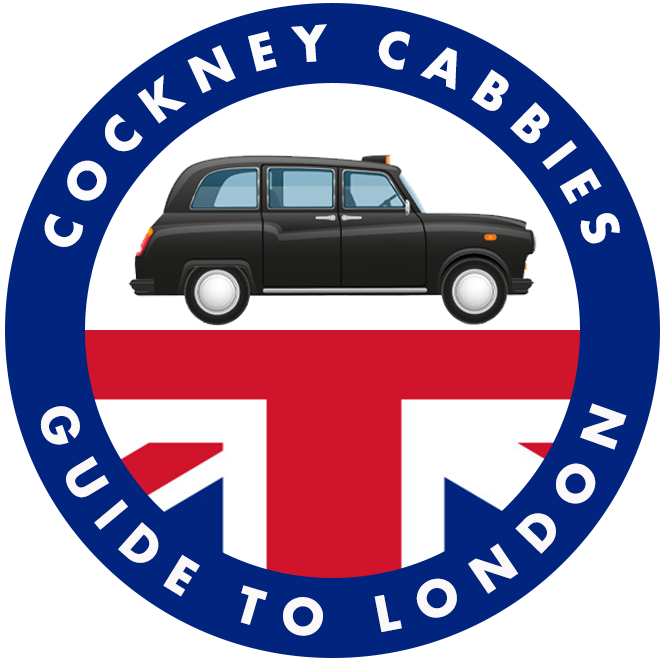We are living in a digital age. An era in which it has never been so easy to travel. Tubes, buses, planes or indeed taxis are now more accessible than ever. With competition in this marketplace becoming increasingly fierce – the key to maintaining a successful brand lies in promoting the benefit of one over the other.
We’re now no strangers to the power of the app based transport service. The digital transportation network Uber certainly divides opinion. But with the current value of the business itself sitting comfortably at around $40 billion, the business is the perfect example of how accessibility paired with technology can be a recipe for success.
As a result of disrupters and cleverly branded start-ups, my father’s beloved black cab trade, of which I am fiercely proud, has been made to look both exorbitant and dated. Once the undisputed ruler of the streets of London, trading on reputation, tradition and high quality service – many are now beginning to write the profession off completely.
Why?
There are a number of reasons for the growing concern over the future of the black cab. But one that I deem as playing a huge part is that the black cab brand has struggled with marketing itself and telling its brand story. Subsequently, it has been unsuccessful at placing its differentiating factors front and centre of the consumer’s mind. So, instead of cabbies staging stunts and protests, bringing London to a standstill – a brand new marketing strategy should be devised , to celebrate all of the fantastic things this historic trade still has to offer. You can get more information on this by Clicking Here
And now we come to the competition.
I, along with many others, believe that Uber trades unfairly. My principal issue (though not the only one by a long stretch) is the tax structure that Uber seems to operate on. With the app being, primarily, a Dutch entity that trades under the name of Uber B.V, it works by taking a booking along with the payment and then issues a receipt. Essentially this means the business is liable for corporation tax in the Netherlands but not in the UK. The structure is allowing these new market entries to weaken and undermine London operators. In addition TfL has allowed Uber to operate without the usual licence required under the Private Hire Vehicle Act (1998).
How is this fair?
I am a little tired of hearing that cabbies just don’t want competition. This is utter bull. Black cabbies have dealt with competition since the 1960s. All they really want is an equal playing field. When I see my 60 year old father come home from a night shift, looking utterly dejected – only then do I realise the damage being done to a brand with hundreds of years’ worth of tradition.
Our London Taxi is a global icon. For many, it is one of the most prominent features that they associate with one of the greatest cities in the world. Why are we allowing it to perish?
Whilst I am no advocate of services like Uber, members of the London Taxi trade have GOT to wise up and realise that to survive, they need to innovate. That means an easier payment system, (no picking and choosing when the card machine works – regardless of Verifone being a nusiance at times) accessibility from a digital perspective and a marketing strategy that will place them back on top where they belong!
Black cabbies have got advantages that Uber and other private hire businesses just cant compete with. Drivers with a highly intimate knowledge of London that no GPS could ever live up to, a long and interesting history, a high level of safety, comfort and no nasty surprises with extra charges.
Why then are these differentiators not being used effectively to save the trade?
Source: Georgie Foster
Georgie is the daughter of a London Taxi Driver, see the original article here







